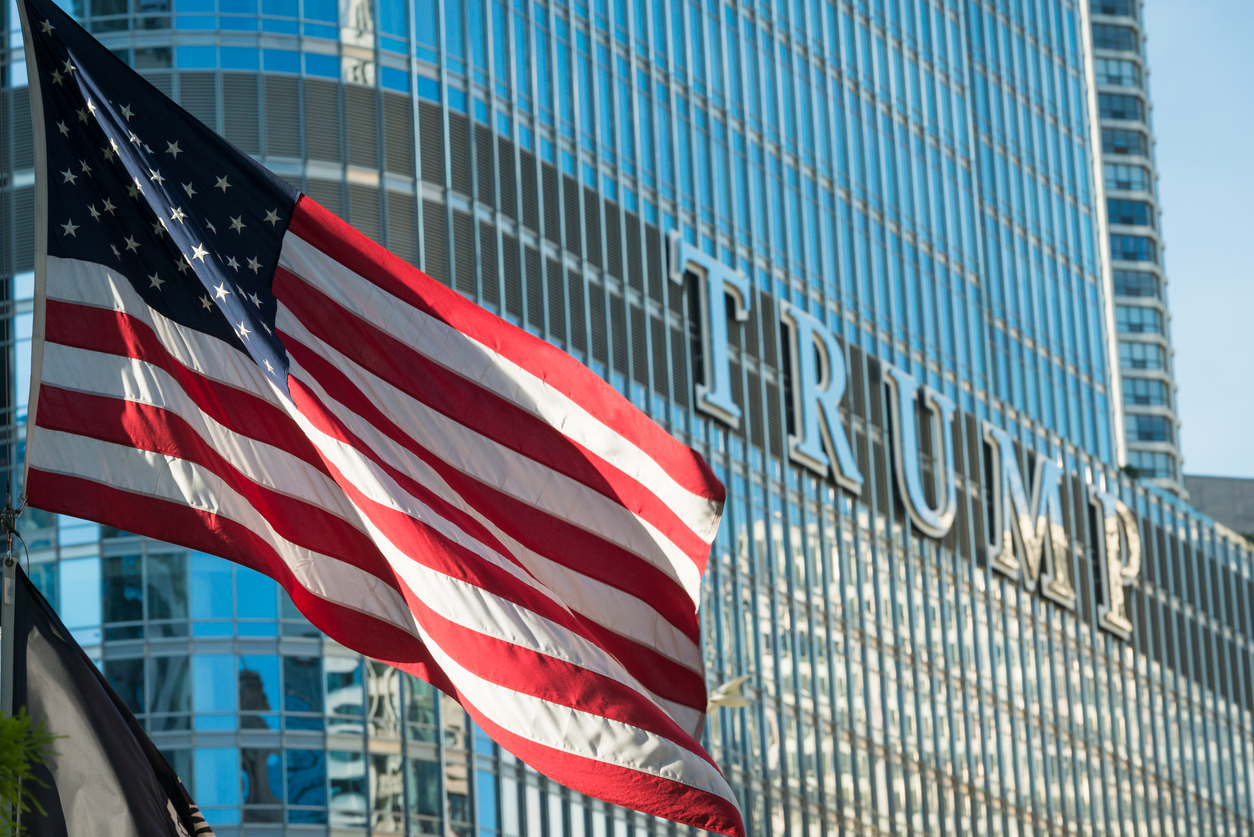
January 21, 2025
External Affairs Minister S Jaishankar represented India as Prime Minister Modi's special envoy at Donald Trump's swearing-in as the 47th US President, marking a milestone in US-India diplomatic relations
Trump's proposed policies, such as corporate tax cuts and deregulation, are expected to create a favourable global business climate, benefiting Indian markets and increasing foreign institutional investments
The US’s anti-China stance under Trump could position India as an alternative manufacturing hub, opening opportunities in electronics, textiles, and auto components
Restrictive immigration policies, particularly on H-1B visas, might pose challenges for Indian IT firms, increasing costs and limiting talent mobility

External Affairs Minister S Jaishankar represented India as Prime Minister Narendra Modi’s special envoy at Donald Trump’s swearing-in ceremony as the 47th President of the United States. Jaishankar, seated among prominent global figures, carried a letter from Modi for Trump, underscoring the importance of US-India relations.
Trump’s policies are expected to impact India significantly. His focus on reducing corporate taxes and deregulation could create a globally favourable business environment, with Goldman Sachs predicting a 4% rise in S&P 500 earnings. This optimism is likely to boost Indian equities and attract foreign institutional investments.
In trade, Trump’s anti-China stance may indirectly benefit India, positioning it as a viable alternative for US companies diversifying supply chains. Sectors like electronics, metals, and auto components could see heightened US interest, creating new economic opportunities.
Defence cooperation is set to deepen as Trump’s administration strengthens partnerships with strategic allies, including India. This development could enhance India’s military capabilities and create growth opportunities in defence-related industries.
However, restrictive immigration policies could pose challenges for Indian IT firms reliant on H-1B visas. These firms may face higher operational costs as they are compelled to employ local talent. Despite this, the US’s reduced reliance on Chinese technology presents opportunities for Indian IT services in areas like AI, cloud computing, and 5G.
In energy, Trump’s emphasis on domestic production could stabilise global oil prices, benefiting India by reducing its import bill. This would positively impact oil marketing companies and city gas distributors. Furthermore, infrastructure growth in the US may increase demand for commodities like metals and energy, opening doors for Indian businesses in mining and agriculture.
As Trump’s administration focuses on pro-business reforms, India stands to benefit from deeper bilateral ties, expanded trade opportunities, and collaborative advancements in technology and defence. While challenges like visa restrictions remain, the evolving partnership holds significant promise for mutual growth.
Source: Hindustan Times